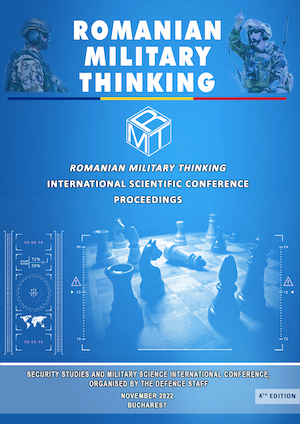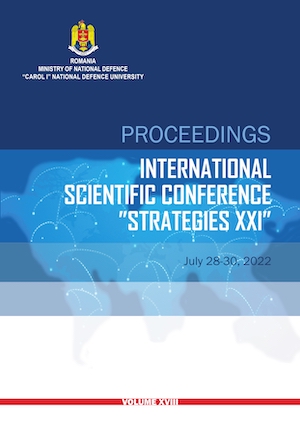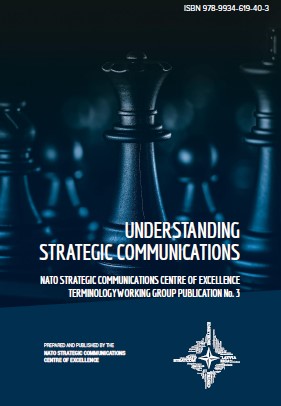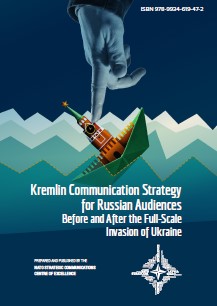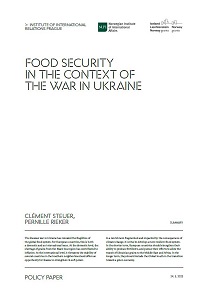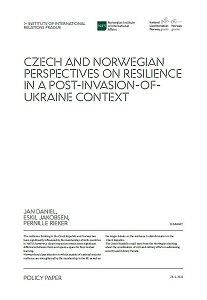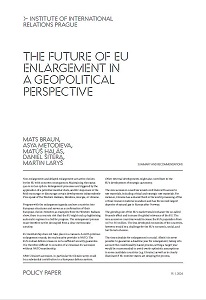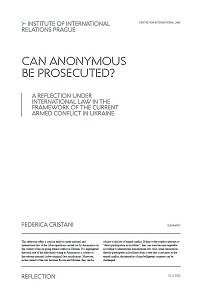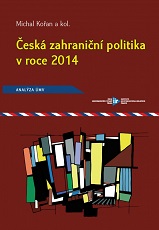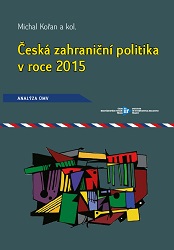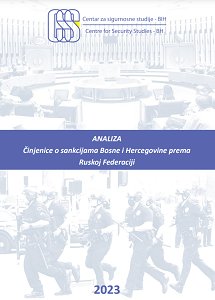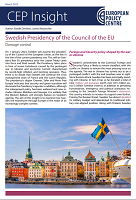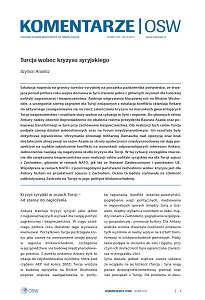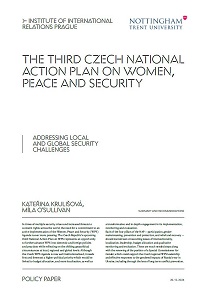Author(s): Martin Laryš,Daniel Šitera,Matúš Halás,Asya Metodieva,Mats Braun / Language(s): English
Non-enlargement and delayed enlargement are active choices by the EU with concrete consequences. Maintaining the status quo is not an option. Enlargement processes are triggered by the application of a potential member state, and EU responses in the field encourage or discourage certain developments independently if we speak of the Western Balkans, Moldova, Georgia, or Ukraine. Progress with the enlargement agenda anchors countries into European structures and serves as a confirmation of their European choice. However, as examples from the Western Balkans show, there is a concrete risk that the EU might end up legitimising autocratic regimes in a bid for progress. The enlargement process must therefore not be decoupled from a clear meritocratic scrutiny. EU membership does not take place in a vacuum. As with previous enlargement rounds, the real security provider is NATO. The EU’s mutual defence clause is not a sufficient security guarantee. It is therefore difficult to conceive of a Ukrainian EU accession without NATO membership. After Ukraine’s accession, in particular the Ukraine army could be a substantial contribution to a European defence system. Other external developments might also contribute to the EU’s development of strategic autonomy. The nine accession countries would contribute with access to raw materials, including critical and strategic raw materials. For instance, Ukraine has a shared third in the world processing of the critical resource material scandium and has the second largest deposits of natural gas in Europe after Norway. The growing size of the EU’s market would enhance the so-called Brussels effect and increase the global relevance of the EU. The nine accession countries would increase the EU’s population from 447 to 513 million. The less developed economies of the countries, however, would be a challenge for the EU’s economic, social, and territorial cohesion. The time schedule for enlargement is crucial. Albeit it is never possible to guarantee a deadline year for enlargement, taking into account the conditionality-based process, setting a target year would be recommended to avoid overly optimistic assumptions in some candidate countries (e.g. Ukraine) as well as to clearly illuminate if EU member states are delaying the process.
More...


